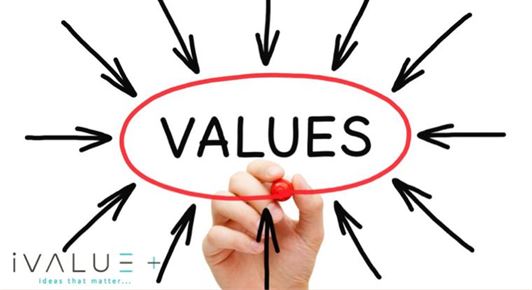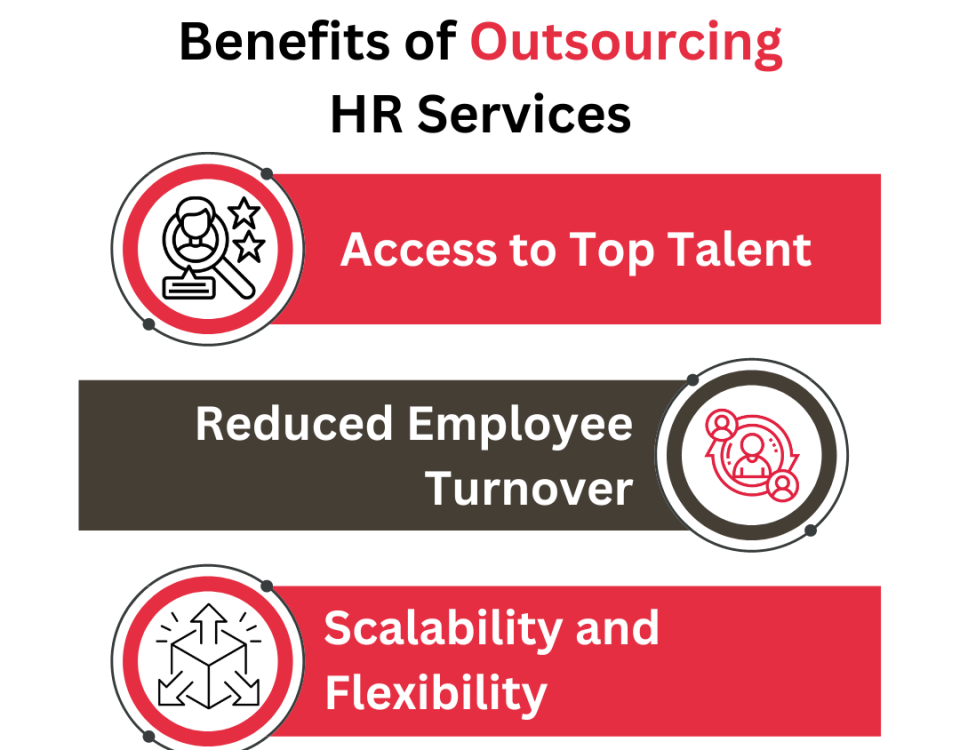
What is influencer marketing?
July 17, 2020
Strategic Partnerships: A Guide to Building Successful Alliances
July 20, 2020Provide an Insight into your values
Your values form the foundation of your life. They state the choices you make and determine the direction that your life takes. Your values will influence your decisions related to your relationships, career, and other activities that you engage in.
Yet despite its importance, very few choose their values. Instead, they simply accept the values of their parents and the dominant values of society. In all likelihood, the values that you internalized as a child remain with you through adulthood. Unfortunately, these values may also have created a life that is carrying you down a path that is not the direction you want to go or be.
What values were you rose with and are you presently living in accordance with the same value? Do those values bring you happiness? These are essential questions that you must ask if you are to find meaning, happiness, success, and real connections in your life.
It’s a challenge to recognize your values and change them in a way that will lead to fulfillment is an even greater challenge.
Deconstructing Your Values
To truly understand what values you possess and live by, you must deconstruct them until you are able to clearly see what exactly you value and why you believe in those values. Looking openly and honestly at the way you were raised is the first step in identifying the values that were instilled in you since childhood.
For example, were you rewarded for being highly ranked in your high school class or for winning in sports, or were you rewarded for giving your best effort and for helping others? You might even ask your parents to reflect back on your childhood to see what they believed their values to be and what values they wanted to emphasize in your upbringing.
The next step in the deconstruction process involves looking at your present life and the values your life reflects. In responding to these questions, you should ask yourself what values underlie the answers. What do you do for a living—are you a corporate employee, a business owner, a teacher, salesperson or a social worker?
A common question that people in social get-together ask is, what do you do for a living? Sometimes people get rather defensive in response to this question. They reply, “Who cares what I do? What I do is not who I am.” I would suggest otherwise, at least to some extent. Assuming people have choices in the career paths they take, which one they choose reflects who they are as a person and what they value.
For example, someone who becomes an investment banker has different values than someone who becomes an elementary school teacher. What those underlying values might be may vary, but one might assume that the investment banker values money, while the teacher values education and serving children.
Finally, perhaps the most telling question reflecting what you value is: What do you spend your hard earned money on—a home, cars, travel, clothing, education, art, charity? Because money is a limited resource for most people, they will utilize their money in ways that they value most. Above anything else, where people spend their hard-earned money says the most about their value system.
You can then ask yourself whether your current values are same as those you grew up with. Have you gone through a period of assessment and reconsideration? Have you consciously chosen to discard some values from your upbringing and adopt new values?
Fulfilled people tend to grow up with life-affirming values or had a “crisis of conscience” in early adulthood that caused them to re-evaluate and modify their values.
What Are Your Values?
Deciding What’s Most Important in Life
How do you define your values?
Before you answer this question, you need to know what, values are, in general. Your values are the things that you believe are important in the way you live and work and function.
They (should) determine your priorities in life.
When the things that you do and the way you behave match your values, life is usually good – one is satisfied and content. But when these don’t align with your personal values that are then things start to feel wrong. This can be a real source of unhappiness in life. This is why one needs to make a conscious effort to identify your values as it is extremely important.
How Values Help You
Values exist, one needs to recognize them. Life can be much easier when you acknowledge your values – and when you make plans, decisions and effort that honor them.
If you value family, but you have to work 75-hour weeks in your job, one may feel internal stress and conflict. And if you don’t value competition, and you work in a highly competitive sales environment one is likely to be dissatisfied with their job.
In these types of situations, understanding your values can help a long way. When you know your own values, you can use them to make informed decisions about how to live your life.
So, take the time to understand the real priorities right, and you’ll be able to determine the best direction for you and your life goals!
Defining Your Values
When you define your personal values, you determine what’s truly important to you. A good way of starting to do this is to look back on your life – to identify when you felt really good, and really confident that you were making good decisions.
Step 1: Identify the times when you were happiest
Find examples from both your professional and personal life. This will ensure some balance in your answers.
- What were you doing?
- Were you with other people? Who were they?
- What other factors contributed to your growth and happiness?
Step 2: Identify the times when you were most proud
Use examples from your professional and personal life.
- What made you so proud?
- Did other people share your pride and who were they ?
- What were the other factors contributed to your feelings of pride?
Step 3: Identify the times when you were most fulfilled and satisfied
Again, use both work and personal examples.
- What need or desire of yours was fulfilled?
- How and why did the experience give your life a meaning?
- What were the other factors contributed to your feelings of fulfillment?
Step 4: Determine your top values, based on your experiences of happiness, pride, and fulfillment
Why is each experience truly significant and memorable? Use the following list of common personal values to help you get started – and aim for about 10 top values you believe in.
Step 5: Prioritize your top values
This step is probably the trickiest, because you’ll have to look deep inside yourself. It’s also the most important step, because, when making a decision, you’ll have to choose between solutions that may actually satisfy different values. This is why you must know which value is more important to you.
- List down your top values, not in any particular order.
- Look at the first two values and ask yourself, “If I could satisfy only one of these, which I would choose and why?” It might help to visualize a situation in which you would have to make that particular choice. For example, if you compare the values of service and stability, imagine that you must decide whether to sell your house and move to another country to do valuable foreign aid work, or keep your house and volunteer to do some charity work closer to home.
- Keep working through the list, by comparing each value with each other value, until your list is in the correct order based on your priority and value system.
Step 6: Reaffirm your values
Check your top-priority values, and make sure that they fit with your life goals and your vision for yourself.
- Do these values make you really feel good about yourself?
- Are you proud of your top four values?
- Would you be comfortable and proud to tell your values to people you respect and admire the most?
- Do these values represent things you support, even if your choice isn’t popular, and it puts you in the minority?
When you consider your values in decision making, you can be sure to keep your sense of integrity and what you know is right, and approach decisions with confidence and better clarity. One should also know that what you’re doing is best for your current and future happiness, satisfaction and fulfillment.
Making value-based choices may not always be an easy thing to choose. However, making a choice that you know is right is a lot less complex in the long run.
It’s an Ongoing Exercise
Finding and living your values is an ongoing exercise and Life-changing events can shift our values. Finding ways to live your values can help you find fulfillment as well as improve your energy and ignite your passions and build your confidence. Your personal values are a fundamental part of who you are – and who you want to be. Some of life’s decisions are really about determining what you value the most in life. When many options seem reasonable, it’s useful and comforting to rely on your values – and use them as a strong guiding force to channelize you in the right direction.









1 Comment
Thanks for sharing. I read many of your blog posts, cool, your blog is very good.